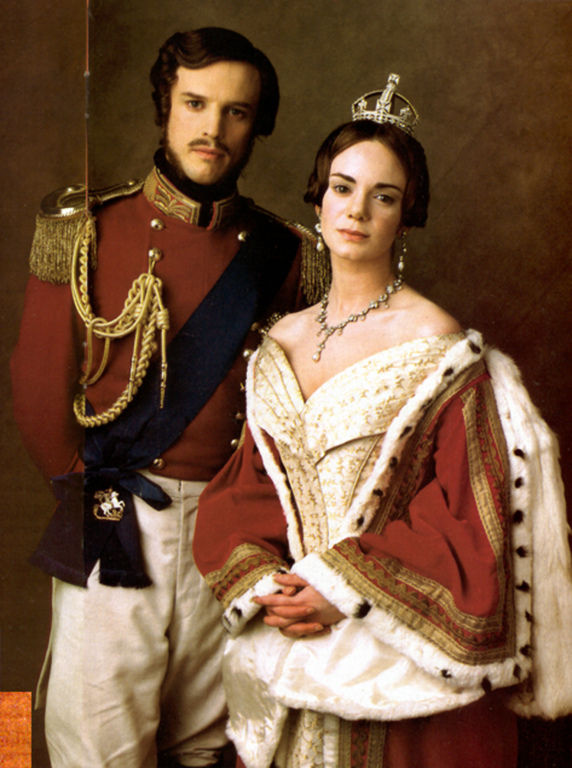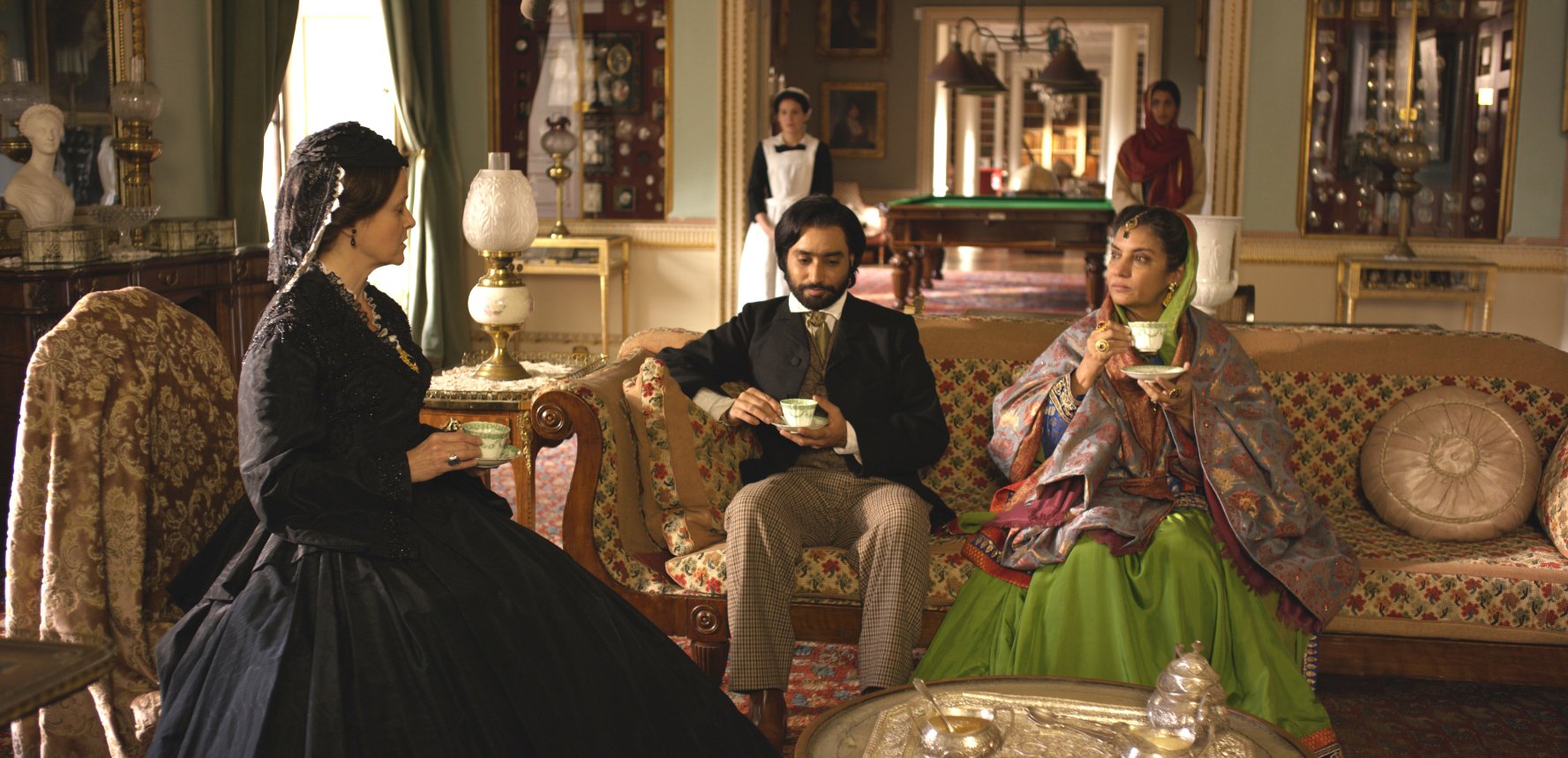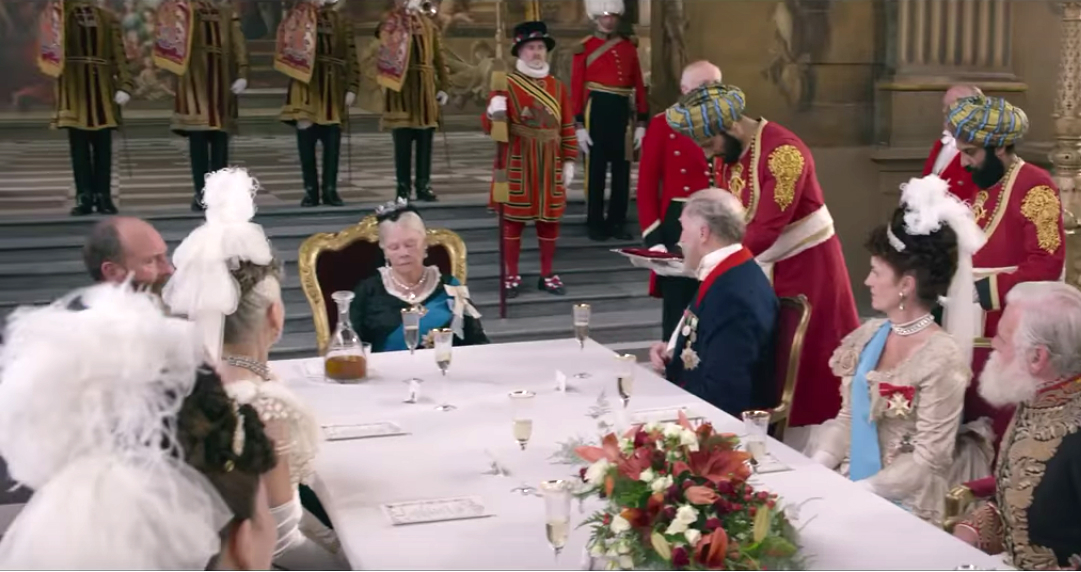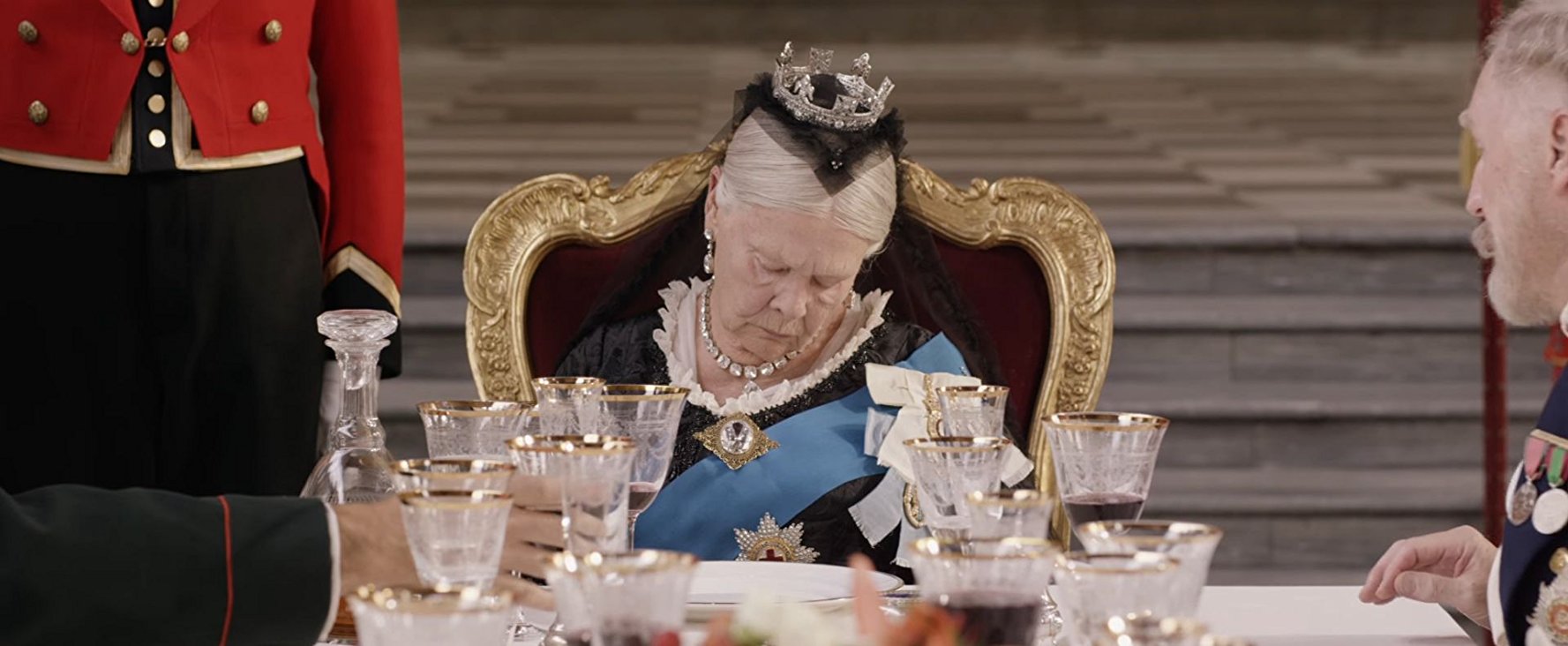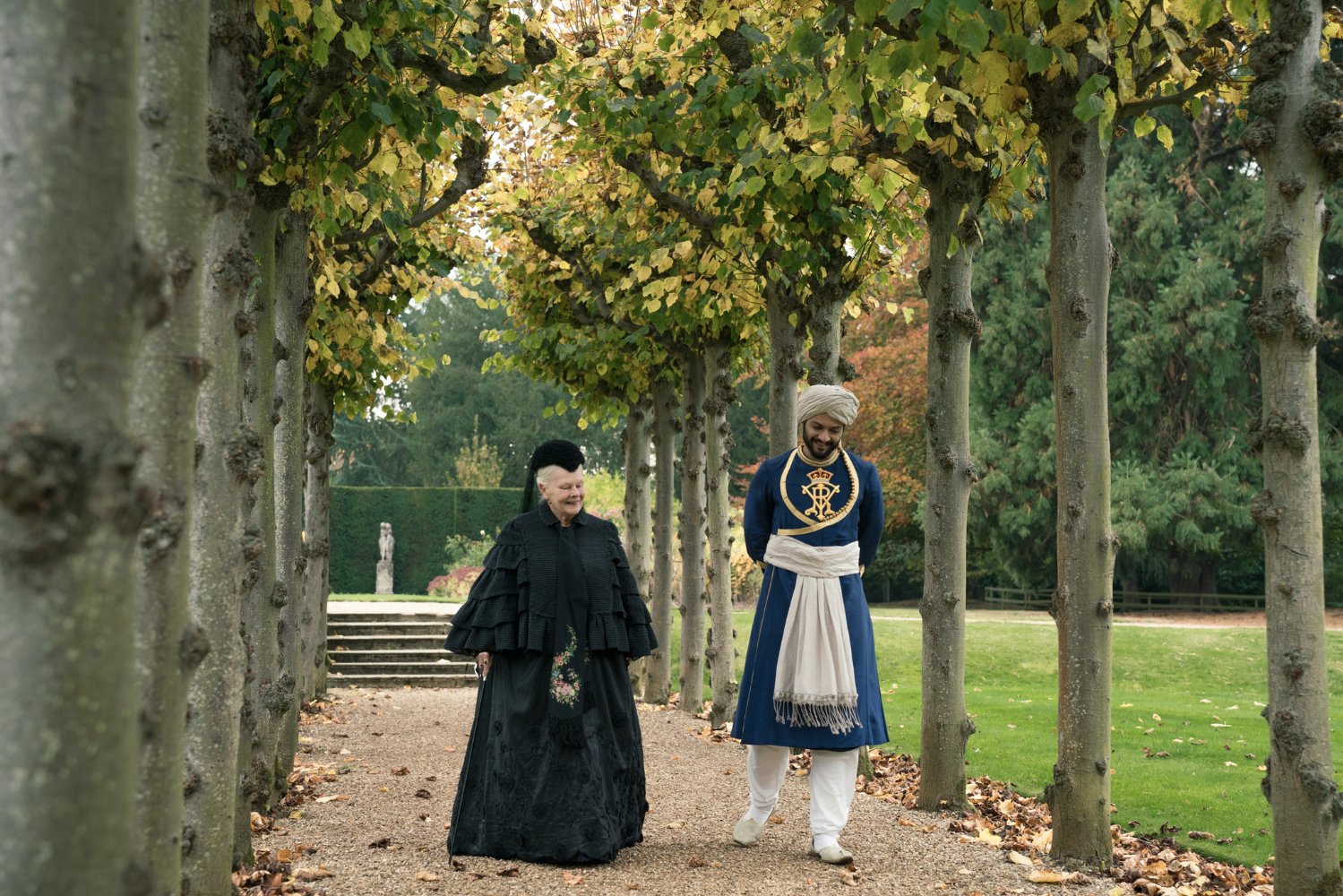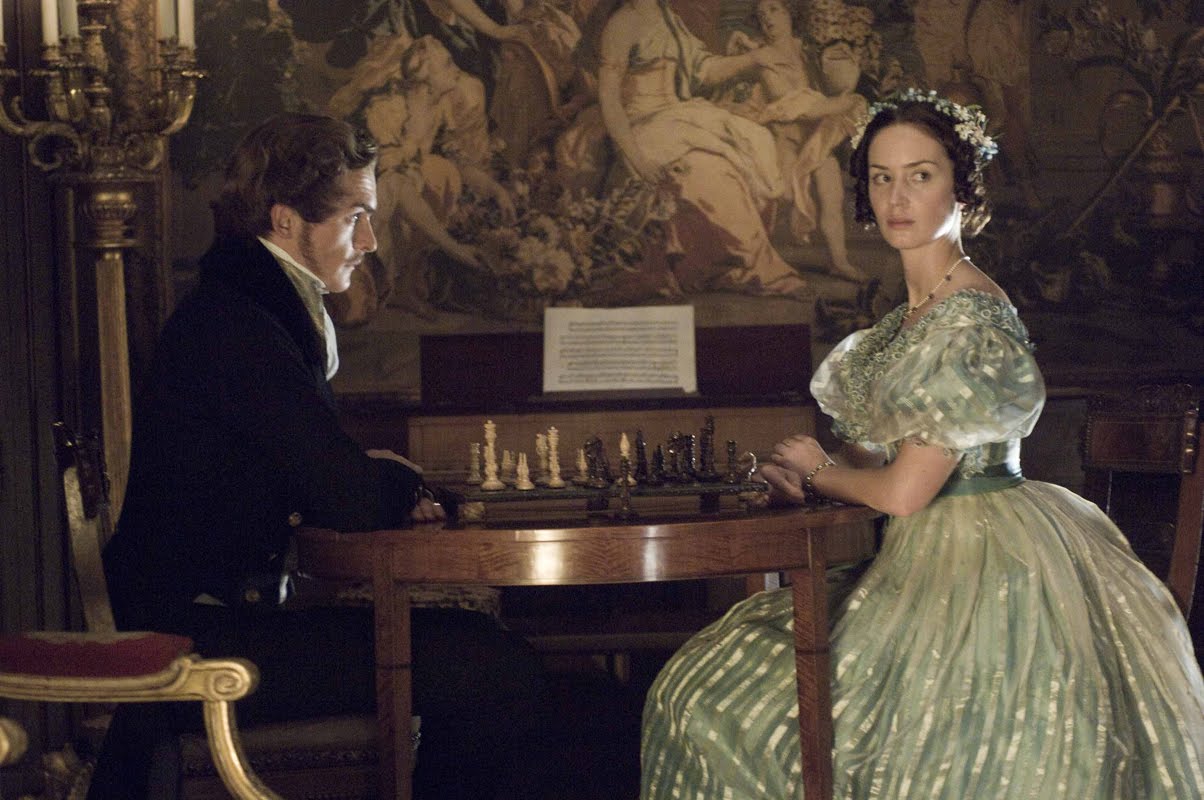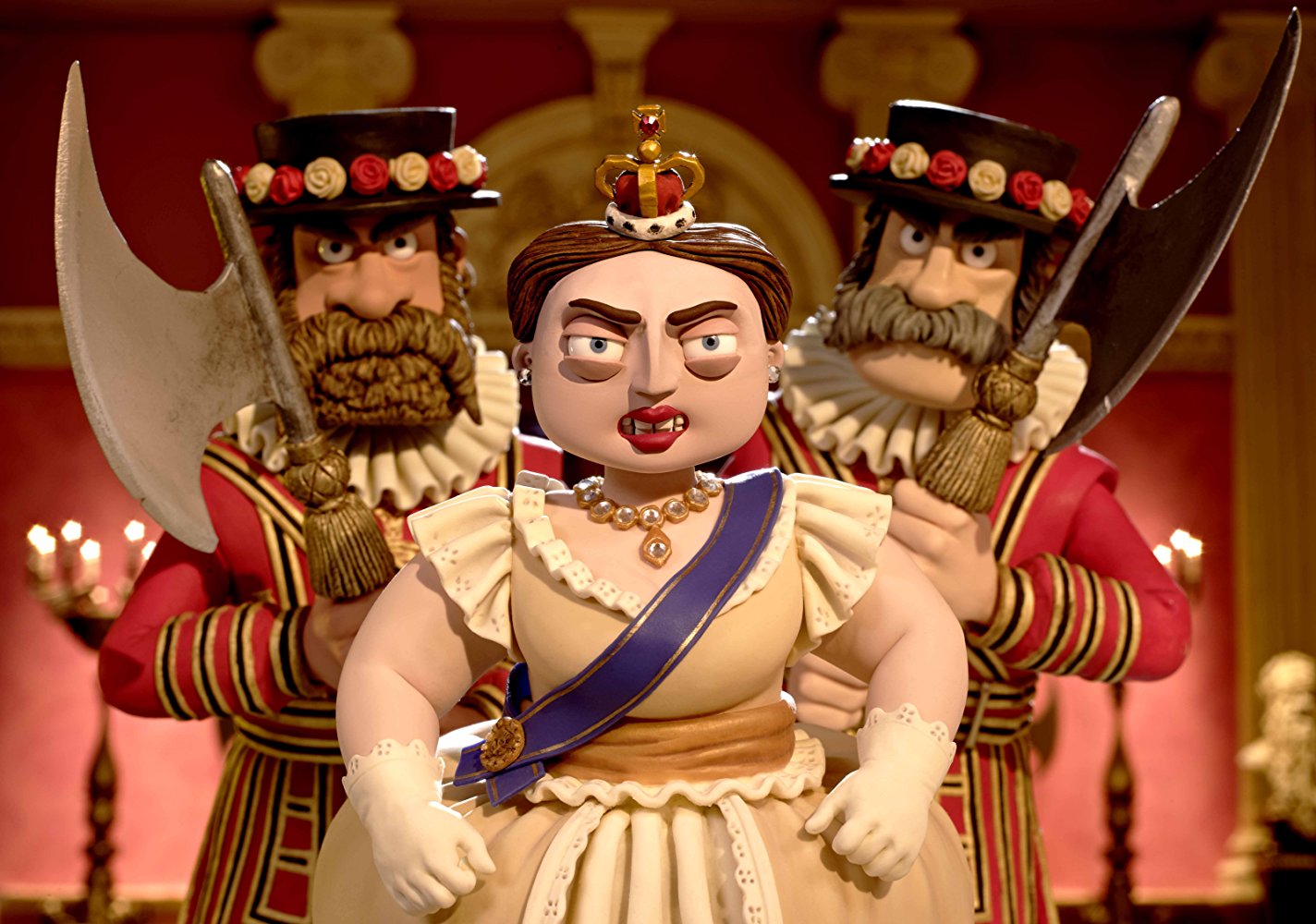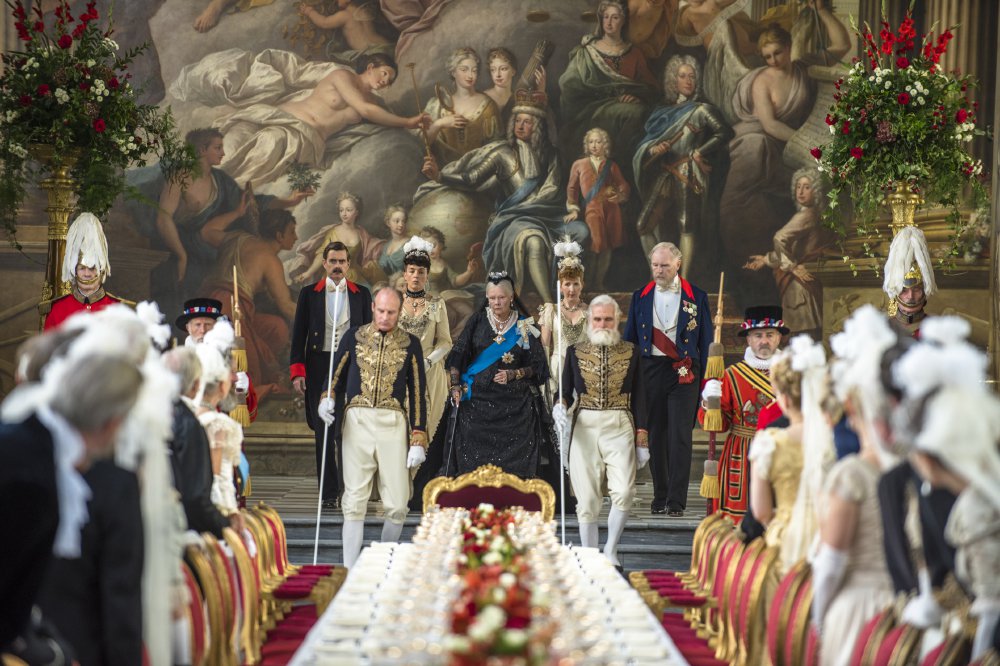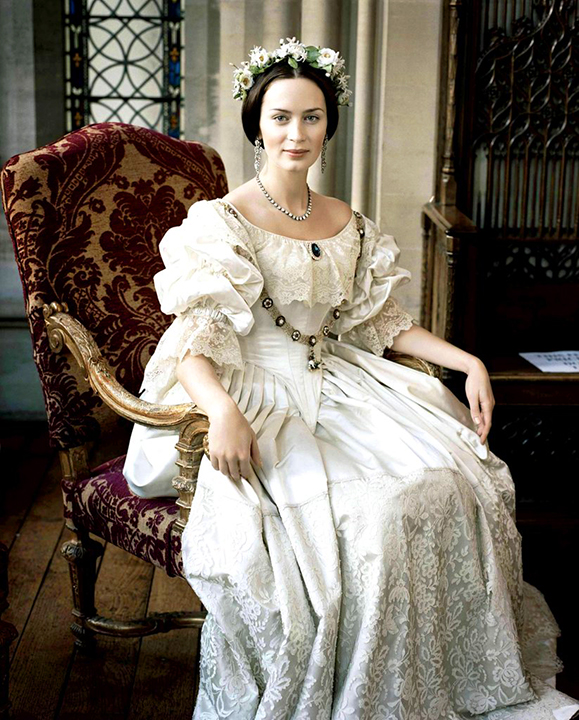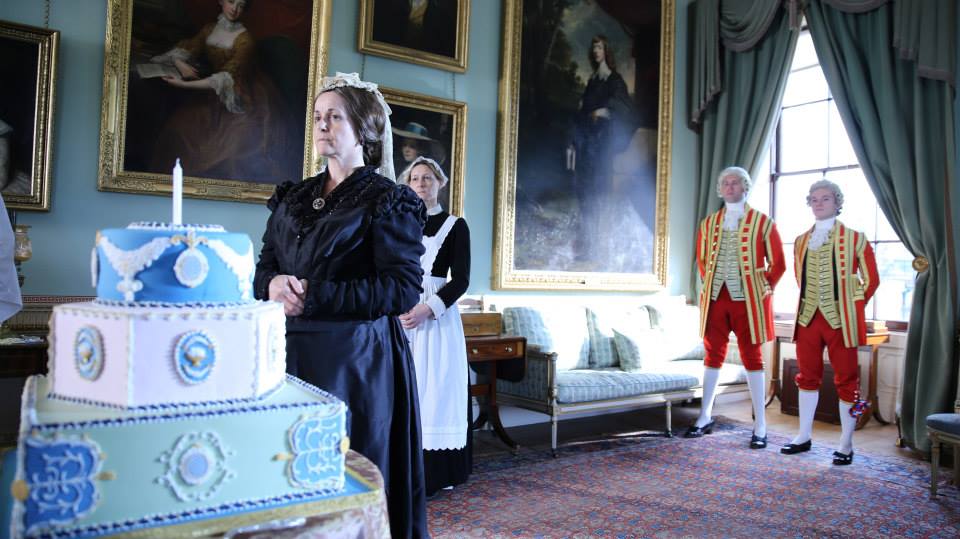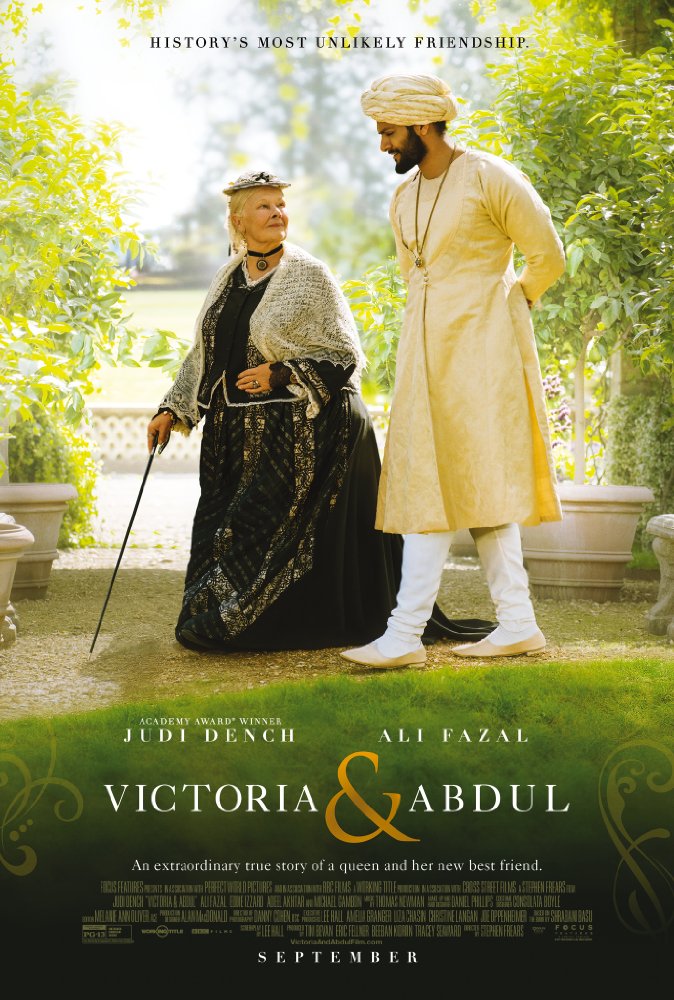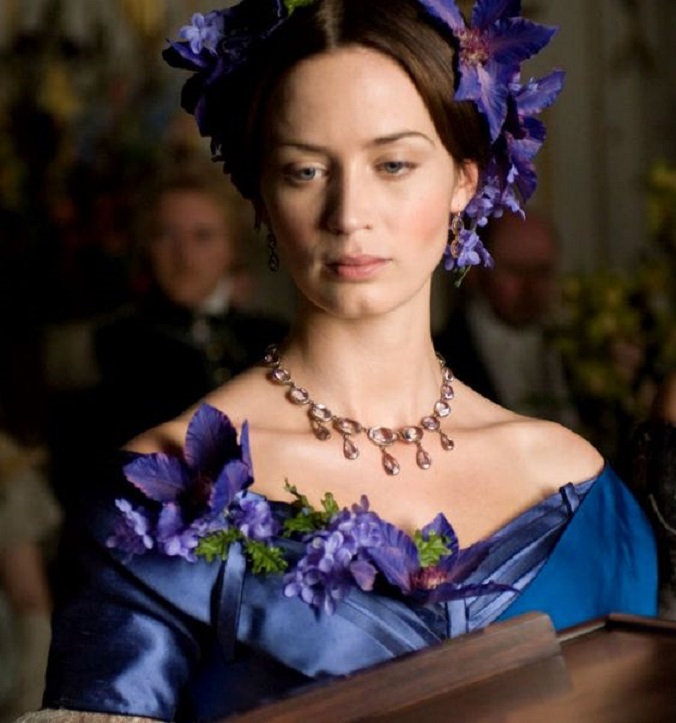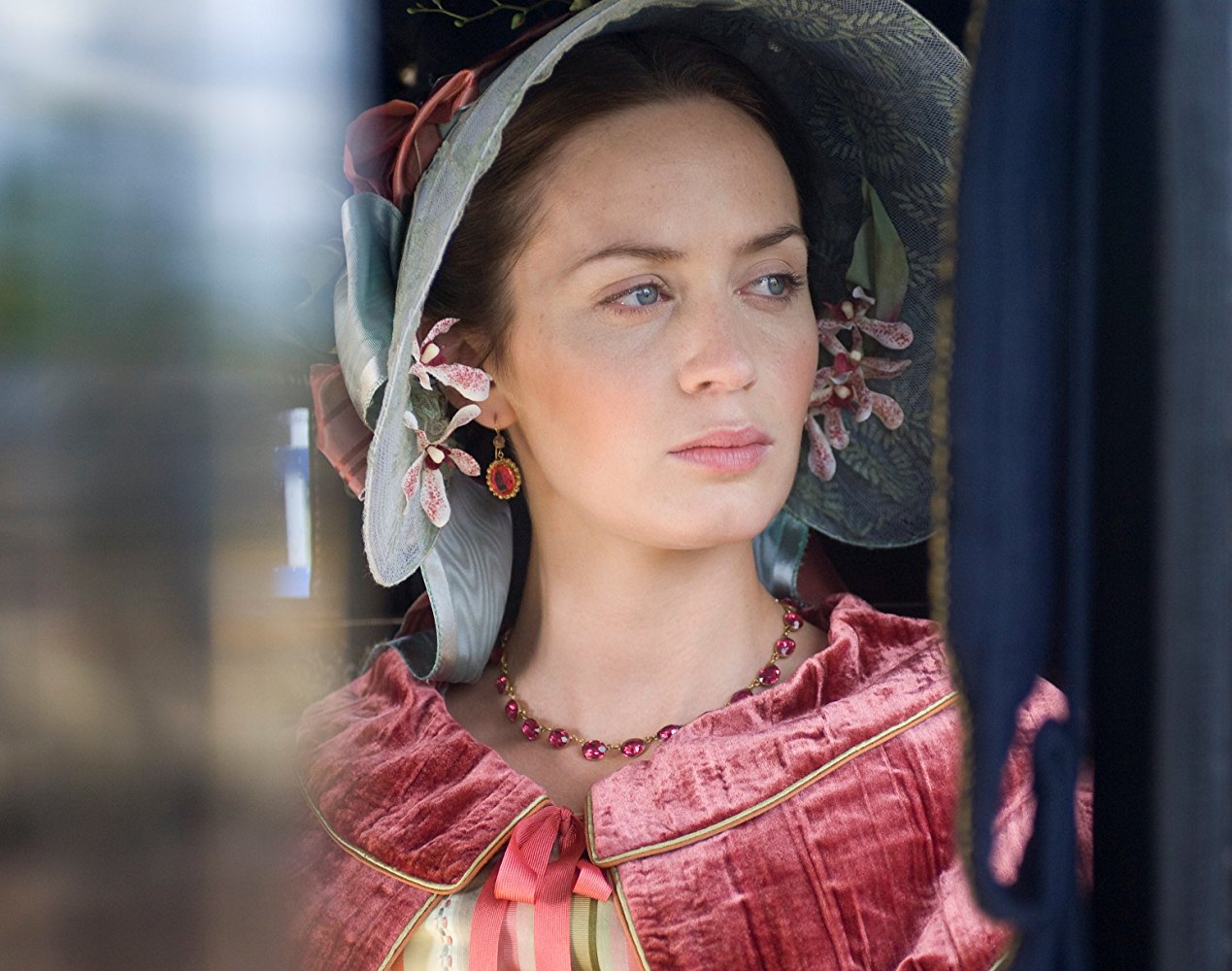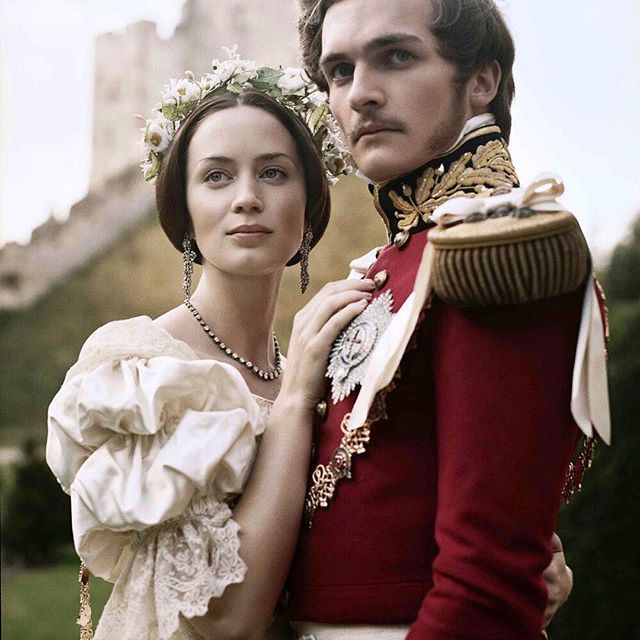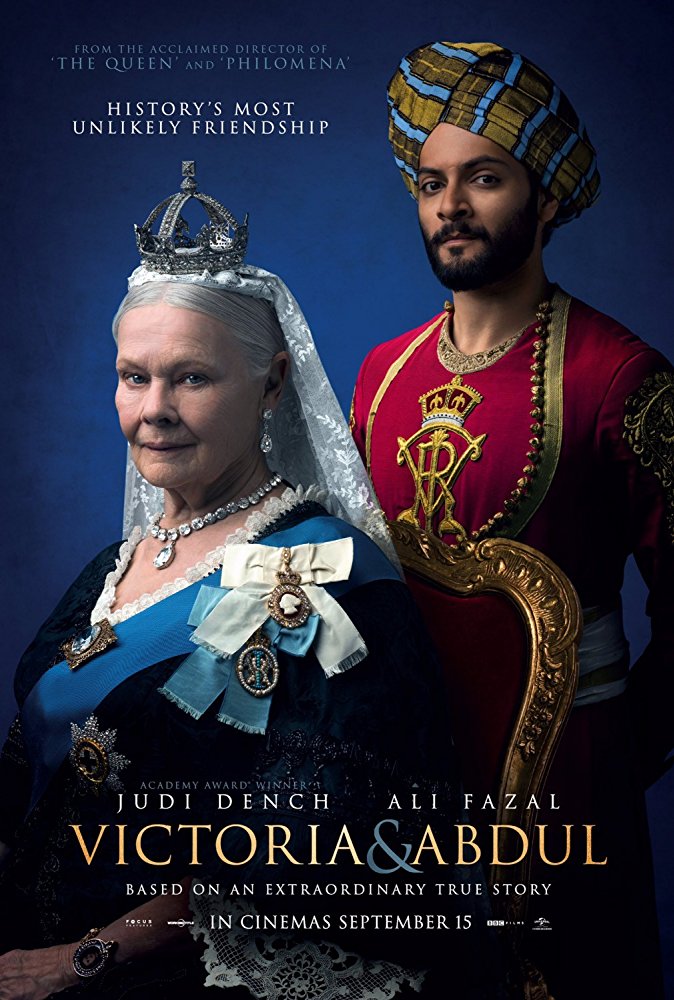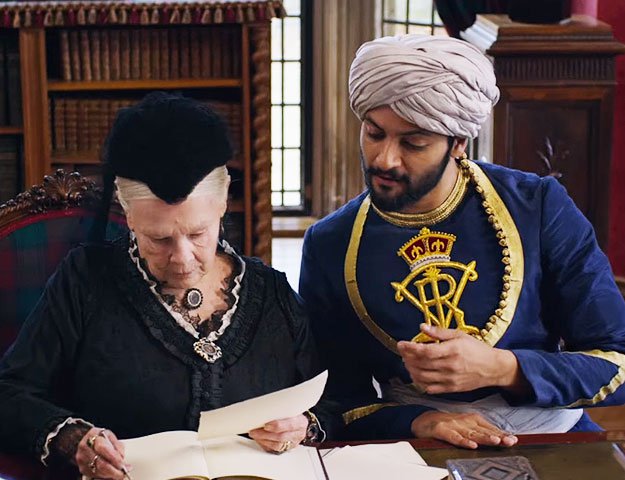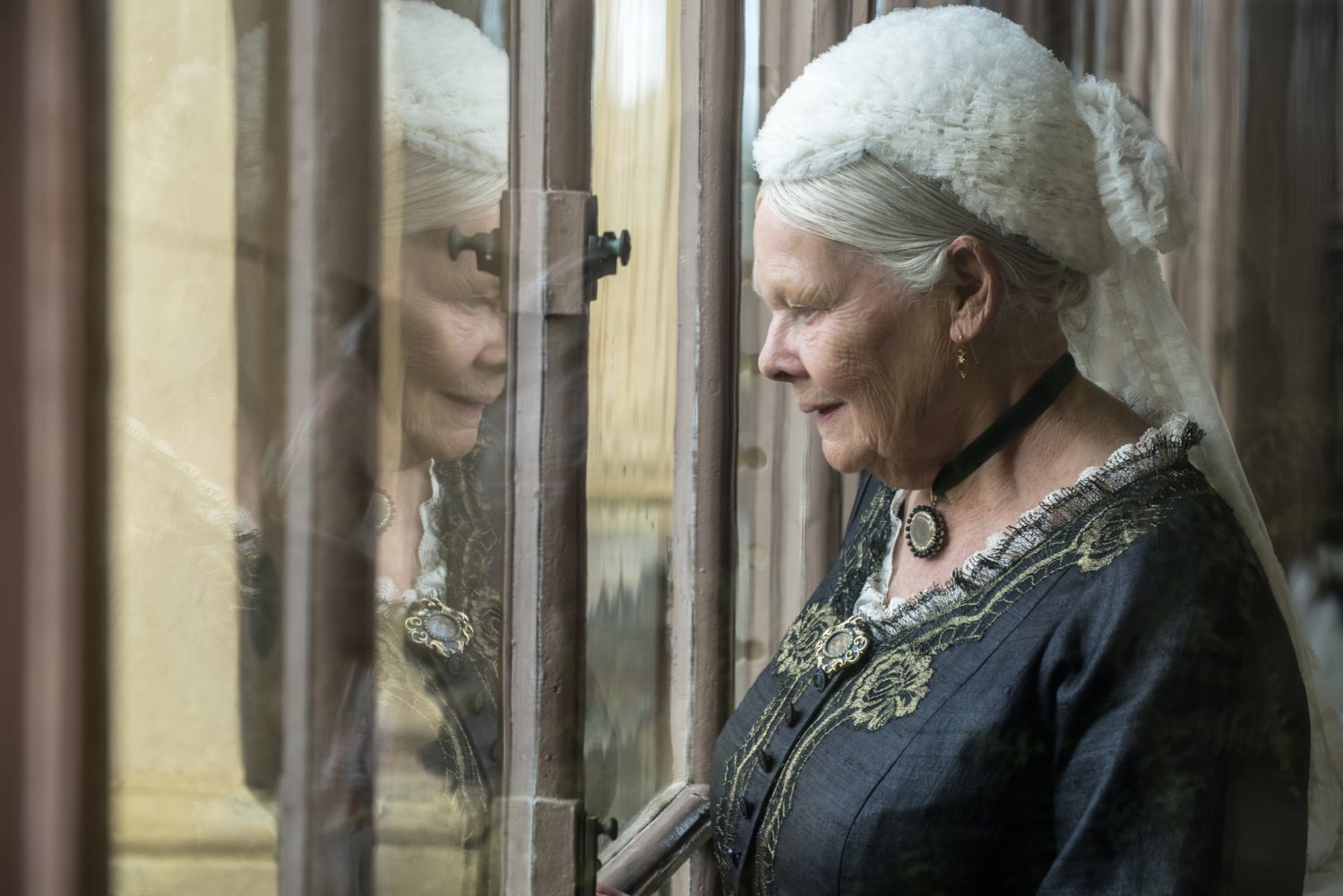Queen Victoria was monarch of Great Britain during most of the 19th Century and into the start of the 20th Century. She was born in 1819, assumed the throne at age 18, and ruled until her death in 1901. She ruled during much of Britain's industrial expansion and she saw many social, industrial changes during her reign.Victoria married her Germ...
Show more »
Queen Victoria was monarch of Great Britain during most of the 19th Century and into the start of the 20th Century. She was born in 1819, assumed the throne at age 18, and ruled until her death in 1901. She ruled during much of Britain's industrial expansion and she saw many social, industrial changes during her reign.Victoria married her German born cousin Albert, who is credited with influencing his sometimes too partisan wife to develop into a constitutional monarch . Prince Albert is also credited with planning the Great Exposition of 1851. Many of the then-new 19th century British and worldwide technological innovations were on view to visitors from all over the world.While Victoria made comments against some women activists, she did support (and sometimes even champion) some women activists. Notably, both Victoria and husband Prince Albert publicly supported Florence Nightingale. Victoria was noted for visiting hospitals and injured soldiers, particularly in the Crimean war and the Boer War.Victoria was personally brave and survived various assassination attempts. Her famous comment on defeat was, We are not interested in the possibilities of defeat; they do not exist.
Show less «

